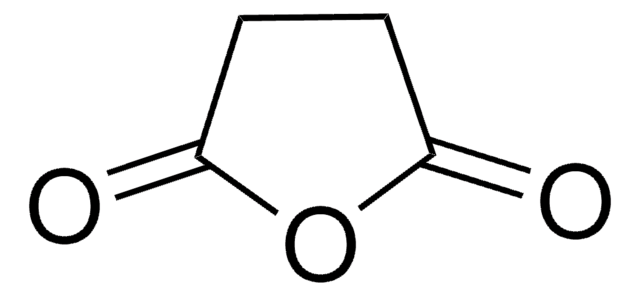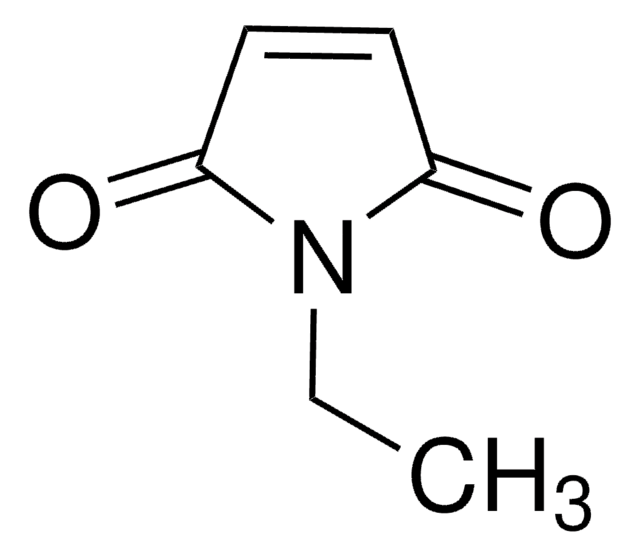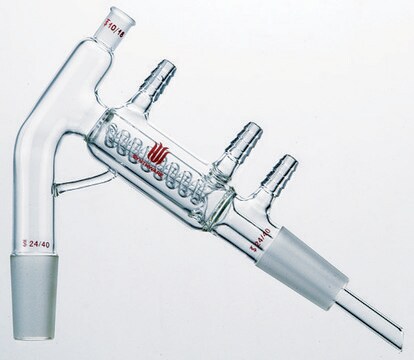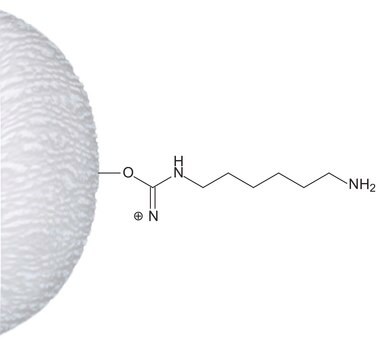82526
Protein A soluble from Staphylococcus aureus (Cowan strain)
powder, white
About This Item
Prodotti consigliati
Origine biologica
Staphylococcus aureus
Livello qualitativo
Coniugato
unconjugated
Stato
powder
Reattività contro le specie
mouse, cat, monkey, pig, dog, human, rabbit, guinea pig
tecniche
ELISA: suitable
immunohistochemistry: suitable
immunoprecipitation (IP): suitable
western blot: suitable
Colore
white
Capacità
~10 mg/mg binding capacity (human IgG)
Solubilità
H2O: 1 mg/mL, clear, colorless
N° accesso UniProt
Temperatura di conservazione
2-8°C
Informazioni sul gene
Staphylococcus aureus subsp. aureus NCTC 8325 ... SAOUHSC_00069(3919448)
Descrizione generale
Protein A is involved in regulating anti-tumor, toxic, and carcinogenic functions. In addition to acting as an immunomodulator, it also has antifungal and antiparasitic properties.
Applicazioni
Esclusione di responsabilità
Codice della classe di stoccaggio
11 - Combustible Solids
Classe di pericolosità dell'acqua (WGK)
WGK 3
Punto d’infiammabilità (°F)
Not applicable
Punto d’infiammabilità (°C)
Not applicable
Dispositivi di protezione individuale
Eyeshields, Gloves, type N95 (US)
Scegli una delle versioni più recenti:
Possiedi già questo prodotto?
I documenti relativi ai prodotti acquistati recentemente sono disponibili nell’Archivio dei documenti.
I clienti hanno visto anche
Il team dei nostri ricercatori vanta grande esperienza in tutte le aree della ricerca quali Life Science, scienza dei materiali, sintesi chimica, cromatografia, discipline analitiche, ecc..
Contatta l'Assistenza Tecnica.





